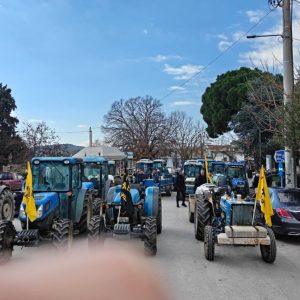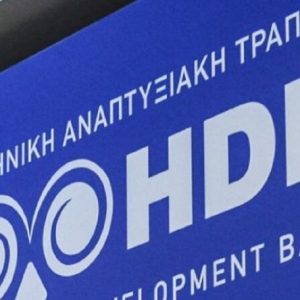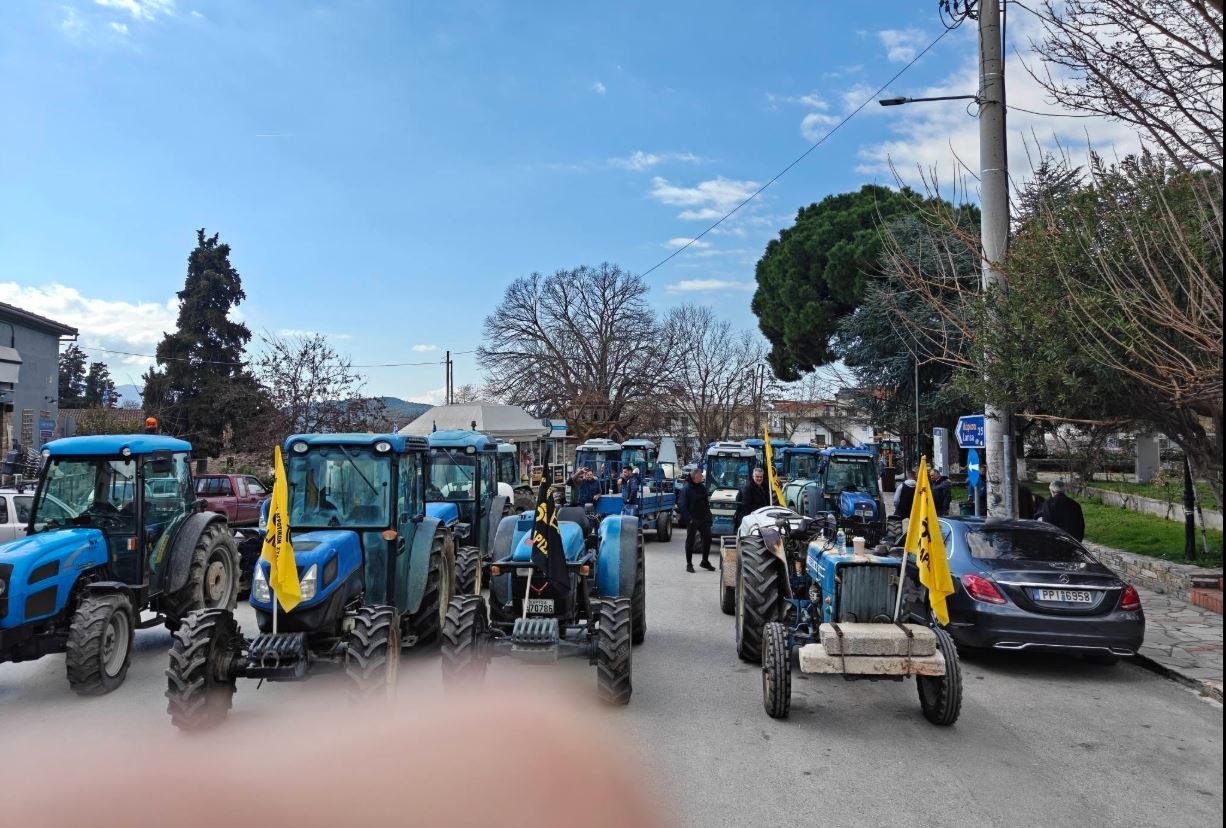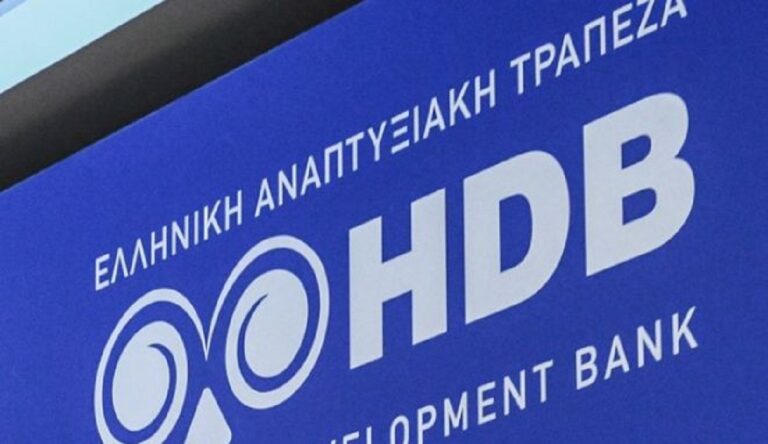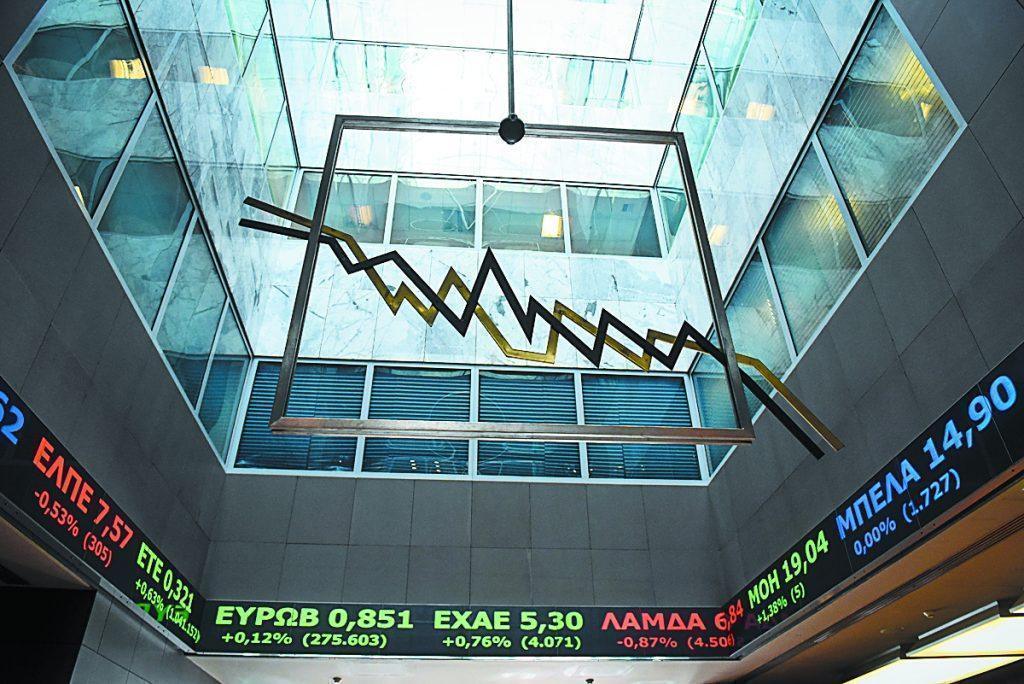The main variety of kiwifruit, Hayward, is ripe for harvest with growers having moved on to the first harvests for marketing and export.
“However, both the harvesting and the sorting and packaging of the kiwifruit should be done after their quality characteristics have been checked, having completed the crops and caring for them throughout the year, dealing with weather phenomena (frost, heat, drought), the high cultivation costs and finding the required land workers”, noted special advisor of the Association of Fruit and Vegetable Exporters Incofruit Hellas Mr. Giorgos Polychronakis.
At the same time, producers are faced with the thorny issue of energy prices. As Mr. Polychronakis explains, kiwis are preserved and undergo sorting, standardization and packaging from the moment they are harvested until June in cold rooms, which operate 24 hours a day. The kiwifruit export-trade industry therefore has a permanent need for electricity during the winter and spring. The increase in the cost of electricity will have a direct impact on the standardizers-packers-refrigerators. Unfortunately, rising energy costs are not the only worrying economic factor but are added to production and packaging costs, which have skyrocketed within a year.
These increased cost elements – as exporters point out – are difficult to incorporate into selling-export prices for companies that produce and pack/export kiwifruit and face higher costs and need to strengthen their competitiveness of both production costs and packaging materials and mainly the energy required to store them.
It should be noted that according to the data registered with the Ag. Ministry for the export – handling of kiwifruit, from September 1 to October 20, 2022, cargo announcements concerned 7,608 tons compared to 7,797 tons in the corresponding period last year, with the quantities directed to Egypt amounting to 730 tons, to Spain 1,457 tons and Italy 1,569 tons (against 594, 567 and 1,826 tons, respectively last year), including loads for industrial use.









